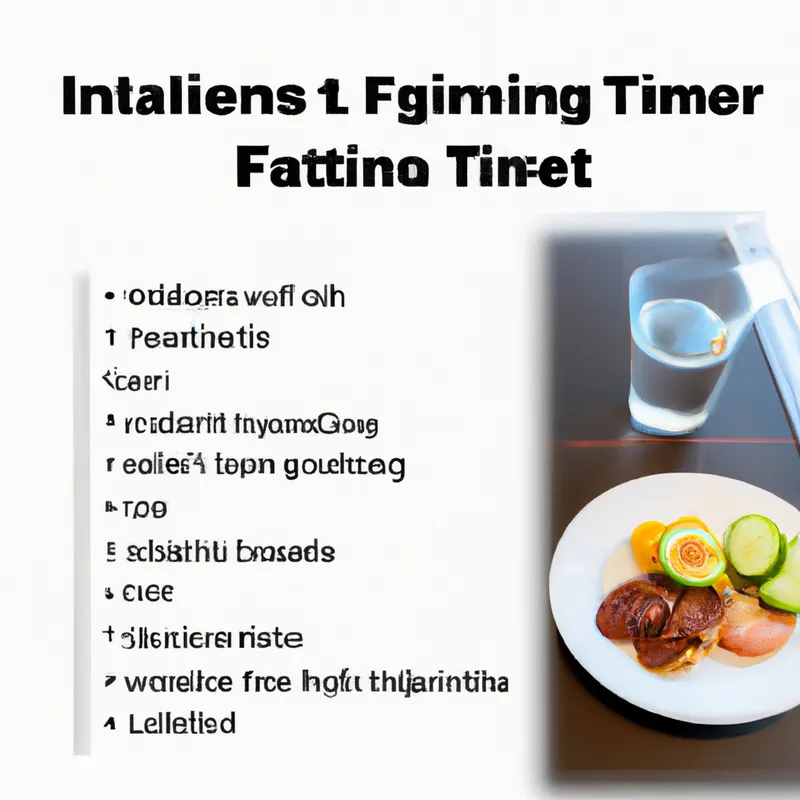Boost Metabolism by Timing Your Meals Right
Food Timing Strategies: Optimize Your Eating Window
Meal timing plays a crucial role in overall health. Many people focus on what they eat but ignore when they eat. Optimizing your eating window enhances digestion, boosts energy levels, and improves mental clarity. This blog explores food timing strategies to improve your eating habits.
Understanding the Eating Window
Eating windows originate from intermittent fasting. This method restricts meals to a specific timeframe. For example, you might eat during an 8-hour window and fast for 16 hours. This approach allows your body to rest, promoting better health.
Benefits of a Restricted Eating Window
Research shows that a restricted eating window offers several benefits. First, it aids weight loss by reducing calorie intake. Second, it improves insulin sensitivity, helping your body efficiently use glucose.
Many report higher energy levels with this strategy. Eating within a designated timeframe teaches your body to utilize stored energy effectively. Lastly, fasting periods can enhance mental clarity and cognitive function.
Tips for Optimizing Your Eating Window
1. **Choose Your Window Wisely**
Select the right eating window for your lifestyle. Many find success with a 16/8 format, eating from noon to 8 PM. If you’re a morning person, consider an earlier window.
2. **Plan Your Meals**
Plan meals in advance to avoid impulsive eating. Prepare nutrient-rich meals low in processed ingredients. This ensures you fuel your body effectively during your eating window.
3. **Stay Hydrated**
Drink plenty of water while fasting. Hydration aids digestion and curbs hunger. Enjoy herbal teas or black coffee during fasting periods to enhance your experience.
Listen to Your Body
Pay attention to your body’s responses. Everyone’s needs differ. If you feel sluggish or hungry, adjust your eating window accordingly. Listening to your body helps optimize your eating habits.
Additional Advice for Success
1. **Avoid Late-Night Eating**
Avoid eating late at night to prevent sleep disruption. Finish your last meal at least two to three hours before bedtime. This allows proper digestion.
2. **Incorporate Nutrient-Dense Foods**
Focus on nutrient-dense foods during your eating window. Include fruits, vegetables, whole grains, and lean proteins. These foods nourish your body and keep you full longer.
3. **Stay Active**
Combine your eating strategy with regular exercise. Physical activity enhances the benefits of a restricted eating window. Aim for at least 150 minutes of moderate exercise weekly.
Monitor Your Progress
Track your eating habits and how you feel. Keeping a journal helps identify patterns. Note changes in energy levels, appetite, and mood. This information guides adjustments and keeps you on track.
The Long-Term Benefits of Food Timing
Implementing food timing strategies may yield long-term health benefits. Many experience sustained weight loss from healthier eating habits. Optimized eating windows improve metabolic health by enhancing insulin sensitivity.
Another benefit is improved mental clarity. Many intermittent fasting followers report heightened focus and productivity. This mental boost positively impacts work and personal life.
Lastly, optimizing your eating window fosters a healthier relationship with food. Mindfulness about eating helps you enjoy nourishing your body instead of eating out of habit or boredom.
Conclusion
Food timing strategies significantly impact your health and well-being. Optimizing your eating window enhances digestion, boosts energy, and improves mental clarity. Choose a suitable window, plan nutritious meals, and listen to your body. With these strategies, enjoy the benefits of a well-timed eating schedule. Embrace mindful eating for better health!
Below are related products based on this post:
FAQ
What is an eating window, and how does it relate to intermittent fasting?
An eating window is a designated timeframe during which you consume your meals, commonly associated with intermittent fasting. This method involves restricting your eating to a specific period, such as an 8-hour window, followed by a fasting period of 16 hours. This approach allows your body to rest and promotes better health.
What are the benefits of having a restricted eating window?
A restricted eating window can aid in weight loss by reducing calorie intake, improve insulin sensitivity, and enhance energy levels. Many individuals also report increased mental clarity and cognitive function during fasting periods, making it a beneficial strategy for overall health.
How can I optimize my eating window for better health?
To optimize your eating window, choose a timeframe that fits your lifestyle, plan meals in advance to avoid impulsive eating, and stay hydrated during fasting periods. Listening to your body’s needs and incorporating nutrient-dense foods while avoiding late-night eating can also enhance the effectiveness of your eating strategy.















Post Comment